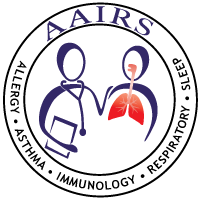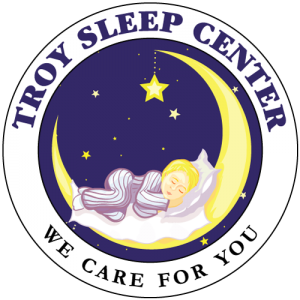Definition
Chronic obstructive pulmonary disease (COPD) is one of the most common lung diseases. It makes it difficult to breathe.
There are two main forms of COPD:
- Chronic bronchitis, which involves a long-term cough with mucus
- Emphysema, which involves destruction of the lungs over time
Most people with COPD have a combination of both conditions.
Alternative Names
COPD; Chronic obstructive airways disease; Chronic obstructive lung disease; Chronic bronchitis; Emphysema; Bronchitis – chronic
Causes
Smoking is the leading cause of COPD. The more a person smokes, the more likely that person will develop COPD. However, some people smoke for years and never get COPD.
In rare cases, nonsmokers who lack a protein called alpha-1 antitrypsin can develop emphysema.
Other risk factors for COPD are:
- Exposure to certain gases or fumes in the workplace
- Exposure to heavy amounts of secondhand smoke and pollution
- Frequent use of cooking fire without proper ventilation
- Cough, with or without mucus
- Fatigue
- Many respiratory infections
- Shortness of breath (dyspnea) that gets worse with mild activity
- Trouble catching one’s breath
- Wheezing
Symptoms
Because the symptoms of COPD develop slowly, some people may not know that they are sick.
Exams and Tests
The best test for COPD is a lung function test called spirometry. This involves blowing out as hard as possible into a small machine that tests lung capacity. The results can be checked right away, and the test does not involve exercising, drawing blood, or exposure to radiation.
Using a stethoscope to listen to the lungs can also be helpful. However, sometimes the lungs sound normal even when COPD is present.
Pictures of the lungs (such as x-rays and CT scans) can be helpful, but sometimes look normal even when a person has COPD (especially chest x-ray).
Sometimes patients need to have a blood test (called arterial blood gas) to measure the amounts of oxygen and carbon dioxide in the blood.
Treatment
There is no cure for COPD. However, there are many things you can do to relieve symptoms and keep the disease from getting worse.
Persons with COPD MUST stop smoking. This is the best way to slow down the lung damage.
Medications used to treat COPD include:
- Inhalers (bronchodilators) to open the airways, such as ipratropium (Atrovent), tiotropium (Spiriva), salmeterol (Serevent), formoterol (Foradil), or albuterol
- Inhaled steroids to reduce lung inflammation
- Anti-inflammatory medications such as montelukast (Singulair) and roflimulast are sometimes used
In severe cases or during flare-ups, you may need to receive:
- Steroids by mouth or through a vein (intravenously)
- Bronchodilators through a nebulizer
- Oxygen therapy
- Assistance during breathing from a machine (through a mask, BiPAP, or endotracheal tube)
Antibiotics are prescribed during symptom flare-ups, because infections can make COPD worse.
You may need oxygen therapy at home if you have a low level of oxygen in your blood.
Pulmonary rehabilitation does not cure the lung disease, but it can teach you to breathe in a different way so you can stay active. Exercise can help maintain muscle strength in the legs.
Walk to build up strength.
- Ask the doctor or therapist how far to walk.
- Slowly increase how far you walk.
- Try not to talk when you walk if you get short of breath.
- Use pursed lip breathing when breathing out (to empty your lungs before the next breath)
Things you can do to make it easier for yourself around the home include:
- Avoiding very cold air
- Making sure no one smokes in your home
- Reducing air pollution by getting rid of fireplace smoke and other irritants
Eat a healthy diet with fish, poultry, or lean meat, as well as fruits and vegetables. If it is hard to keep your weight up, talk to a doctor or dietitian about eating foods with more calories.
Surgery may be used, but only a few patients benefit from these surgical treatments:
- Surgery to remove parts of the diseased lung can help other areas (not as diseased) work better in some patients with emphysema
- Lung transplant for severe cases
Outlook (Prognosis)
COPD is a long-term (chronic) illness. The disease will get worse more quickly if you do not stop smoking.
Patients with severe COPD will be short of breath with most activities and will be admitted to the hospital more often. These patients should talk with their doctor about breathing machines and end-of-life care.
Possible Complications
- Irregular heartbeat (arrhythmia)
- Need for breathing machine and oxygen therapy
- Right-sided heart failure or cor pulmonale (heart swelling and heart failure due to chronic lung disease)
- Pneumonia
- Pneumothorax
- Severe weight loss and malnutrition
- Thinning of the bones (osteoporosis)
When to Contact a Medical Professional
Go to the emergency room or call the local emergency number (such as 911) if you have a rapid increase in shortness of breath.
Prevention
Not smoking prevents most COPD. Ask your doctor or health care provider about quit-smoking programs. Medicines are also available to help kick the smoking habit. The medicines are most effective if you are motivated to quit.

